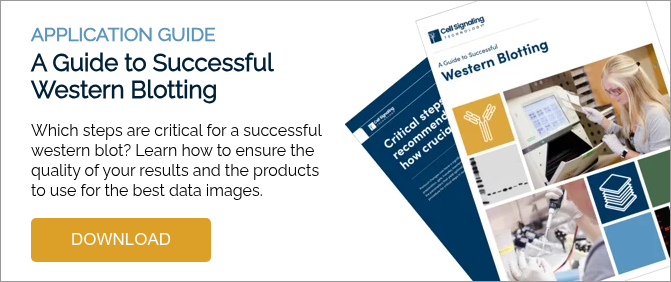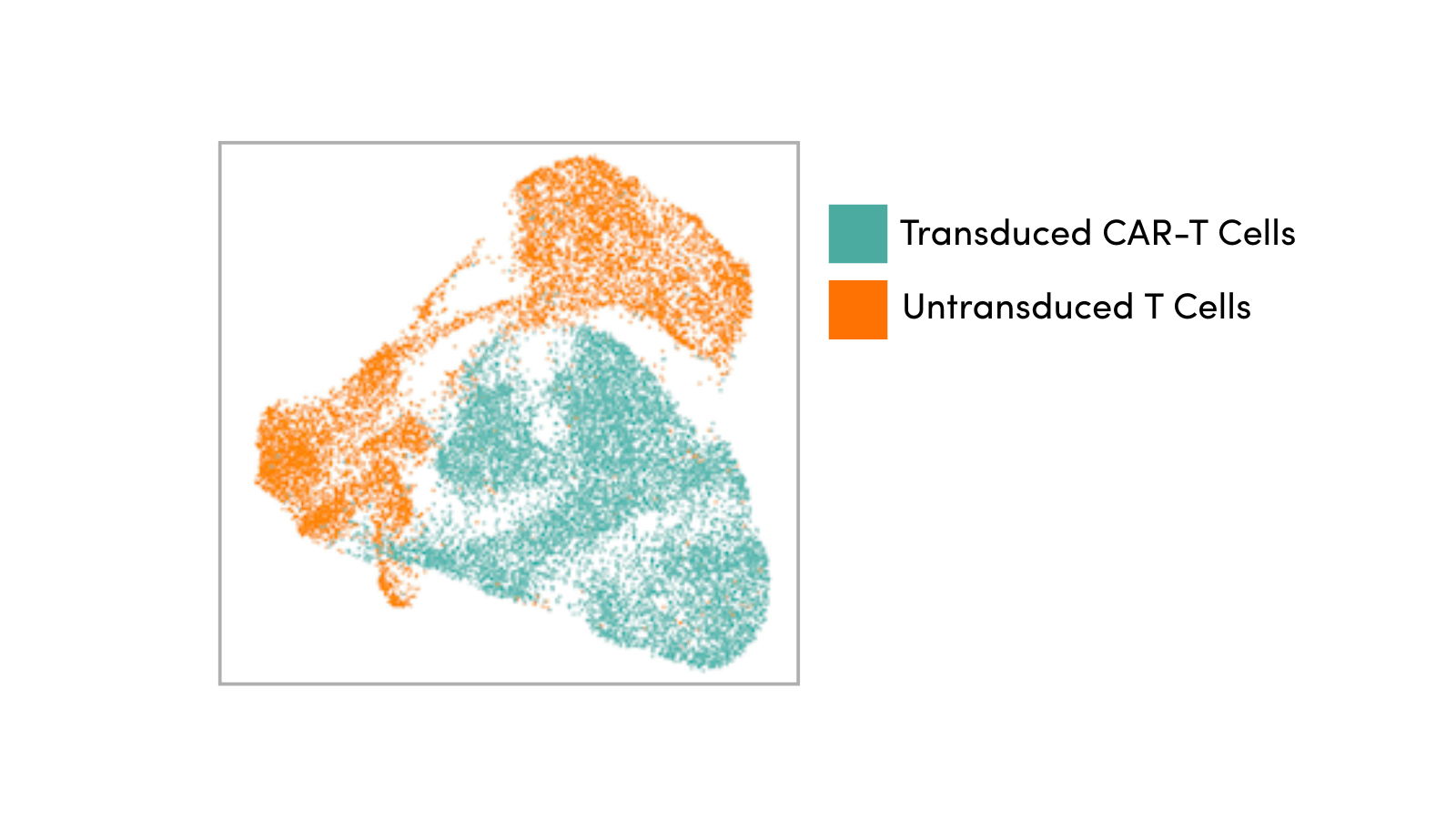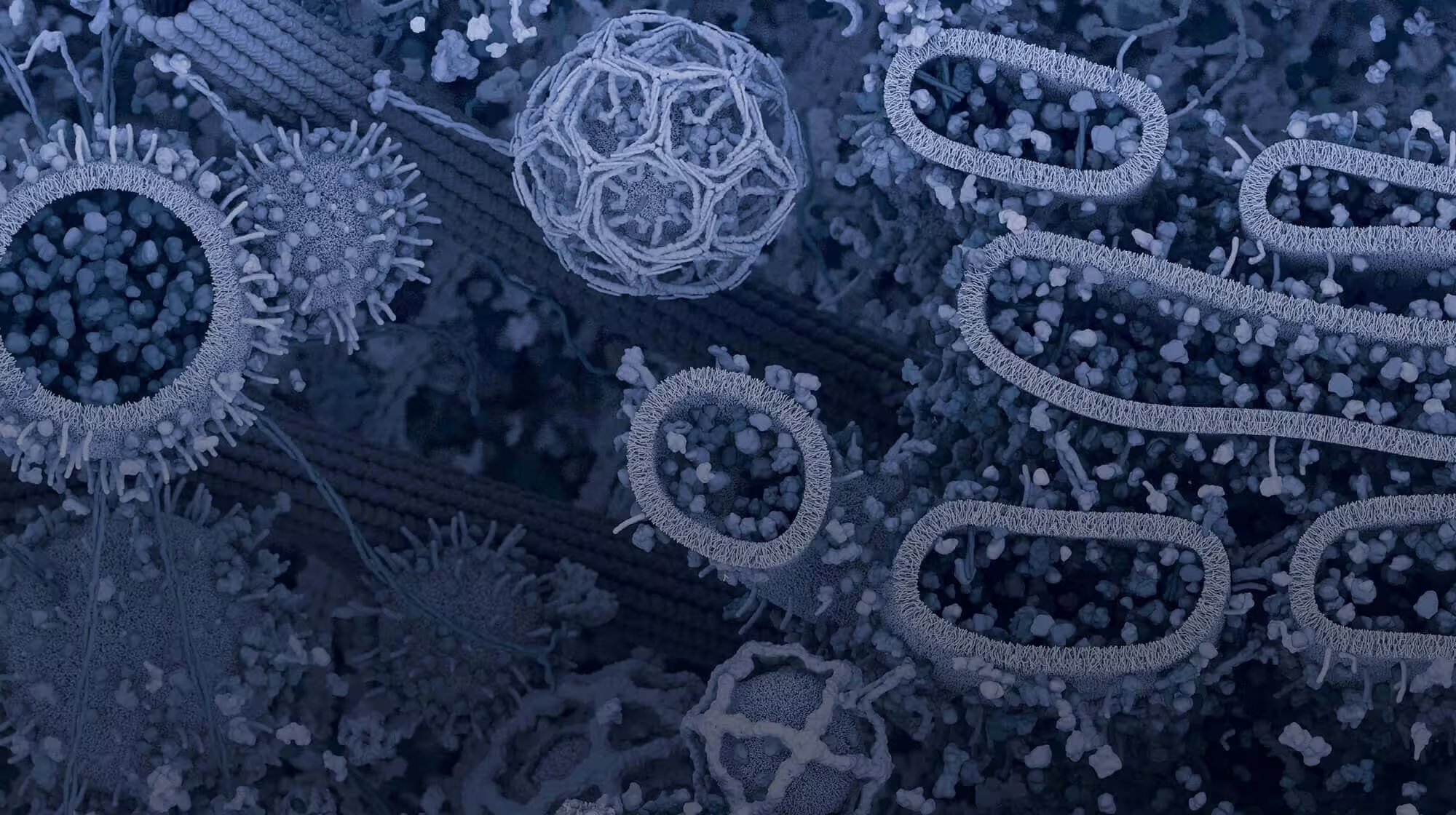Thinking about lab expenses isn’t as enjoyable as investigating your favorite signaling pathway. However, because research money is hard to come by, it is something that should be considered when picking your reagents for western blotting. It makes sense to keep the quality of your primary antibody in mind, because the success of the entire experiment depends on the antibody being reliable, specific, and sensitive.
If the antibody does not perform as expected your experiment may fail... and the cost of a failed western blot may be more than you think.
Antibody price, degree of antibody validation, and quality of supporting data vary greatly between vendors. Large companies often pride themselves on the breadth of their product offerings, but the reliability, specificity, and sensitivity of the antibodies from these sources may not meet your expectations. In contrast, you can choose an antibody from a company that produces and validates its own primary antibodies in-house and goes out of its way to share data with you. Improperly characterized antibodies may lack specificity, leading to false-positive results, or not be sensitive enough, leading to false-negative results. Even worse, without proper controls, the failure of an antibody may not be apparent, and you will continue the project based on false results.
Between the sample preparation and running the blot, westerns can be time consuming and expensive. The cost of preparing the sample can add up, especially if tissue samples or primary cell cultures are used. For example, samples from lab animals have embedded cost, such as housing. It can take weeks for the animal to reach maturity, in addition to the actual time course of the experiment. This means that the sample collection can end up costing thousands of dollars and require weeks, or even months, of your time. It would be a tragedy if, after all this effort, an improperly validated antibody caused the experiment to fail.
A failed western blot forces you to go back and perform extensive troubleshooting. This means you have to spend time and money optimizing experimental conditions, for instance by titrating the antibody, so you have less time to spend on other experiments. Meanwhile, your precious grant money is disappearing.
The Characteristics of a Validated WB Antibody
It is important to use an antibody that you can trust to work the first time and every time. To ensure this, your antibody should be fully validated and have a known optimal dilution. To reduce the risk of failure, you can validate your antibody yourself by making sure it conforms to the following requirements:
- A clean band at the expected molecular weight using control cells/tissues
- Specificity confirmed by one or more of the following:
- Activator or inhibitor treatment
- Positive and negative cell lines or tissues
- Phosphatase treatment for phosphospecific antibodies
- Knockdown using siRNA or other means, or knockout using mouse model
- Optimal dilution determined by titration
This involves running multiple western blots and may require purchasing additional reagents, which can be costly. Alternatively, you can purchase your antibody from a supplier that has fulfilled the criteria listed above and shares high-quality data with you. These proven antibodies maximize your chance for western blot success. Ultimately, this helps you obtain reliable data for publication and move your project forward faster and at lower cost.
Blog: Do You Trust Your Research Antibody?
Buying a poorly characterized antibody may cost you a lot in the end. Don’t waste time and money when you can spend it on the next experiment. Buy a fully validated antibody that you can trust.
Looking for western blotting protocol tips? Download A Guide to Successful Western Blotting:

%20sc-7480%20vs%20CST%20Bax%20Antibody.webp?width=200&height=161&name=Santa%20Cruz%20(B-9)%20sc-7480%20vs%20CST%20Bax%20Antibody.webp)







